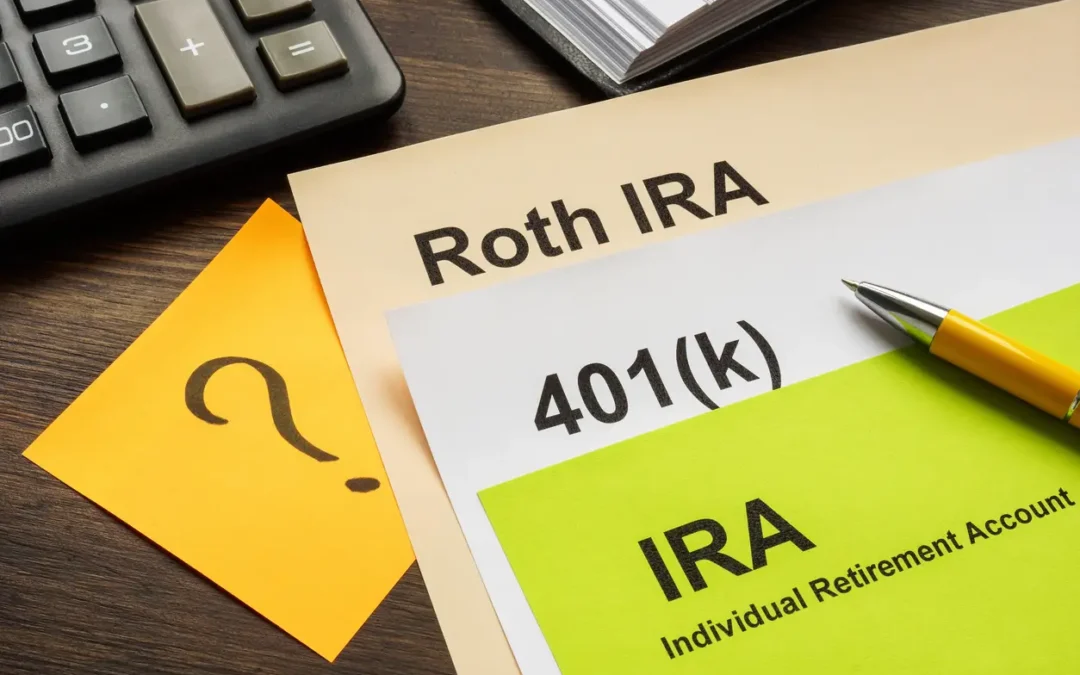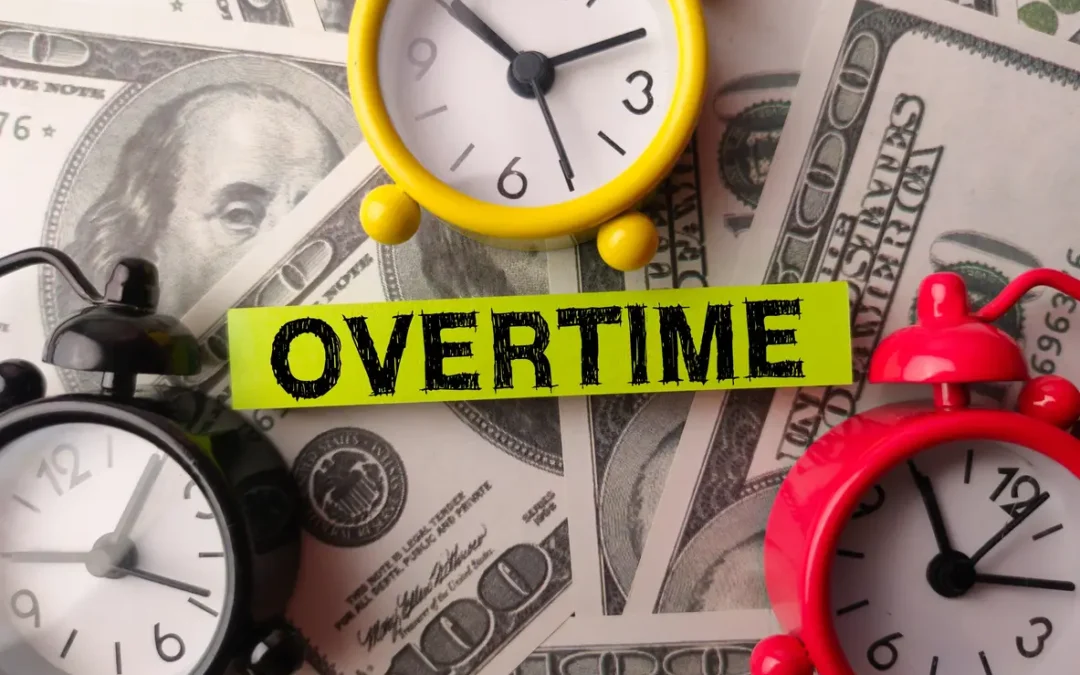You have until April 15, 2026, the tax filing deadline, to make 2025 contributions to an IRA. If you’re seeking more than the traditional mix of stocks, bonds and mutual funds, a self-directed IRA offers greater autonomy and diversification. But it also introduces added complexity.











